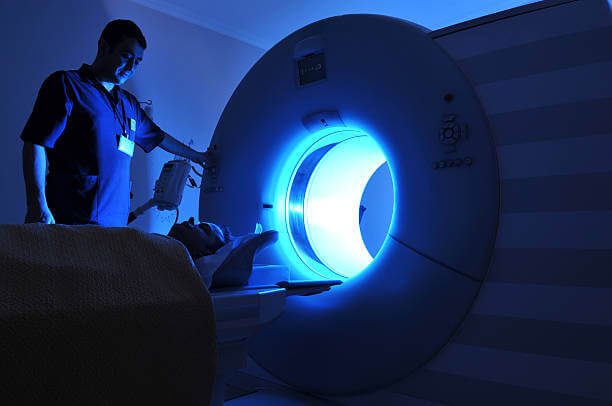Artificial Intelligence (AI) is reshaping healthcare with advanced tools that significantly enhance patient care. Here are several key AI applications making a profound impact:
1. AI-Powered Diagnostic Imaging:
Tools like IBM Watson Imaging use machine learning to analyze medical images such as X-rays and MRIs with high accuracy, aiding in early and precise diagnosis.
2. Personalized Medicine:
Deep Genomics applies AI to analyze genetic data, predicting individual responses to treatments. This enables tailored therapies that improve effectiveness and minimize side effects.
3. Virtual Health Assistants:
AI-driven assistants like Ada Health provide personalized symptom assessment and medical advice via natural language processing (NLP), improving healthcare accessibility and patient engagement.
4. Drug Discovery and Development:
Insilico Medicine uses AI to expedite drug discovery by analyzing vast datasets to identify potential drug candidates and predict their efficacy, accelerating the development of new treatments.
5. Predictive Analytics:
Google DeepMind Health utilizes AI for predictive analytics, forecasting patient outcomes based on comprehensive data analysis. This helps healthcare providers intervene earlier and optimize treatment plans.
6. Remote Patient Monitoring:
AI-enabled systems monitor patients’ health in real-time using wearable sensors, tracking vital signs and medication adherence. This enables proactive management and early detection of health issues.
7. Robot-Assisted Surgery:
AI-powered robotic surgical systems, such as **Intuitive Surgical’s da Vinci Surgical System**, enhance surgical precision and reduce recovery times, leading to better surgical outcomes.
8. Healthcare Chatbots:
AI-driven chatbots like **Babylon Health** offer 24/7 support for symptom checking, medical advice, and patient education. These chatbots improve healthcare accessibility and patient experience.
Conclusion
AI tools are revolutionizing healthcare by improving diagnostics, personalizing treatments, and optimizing patient care. As these technologies advance, they hold the promise of transforming healthcare delivery to be more efficient, effective, and patient-centered worldwide.
Read More Blogs – Enhancing Marketing Campaigns with AI Tools

